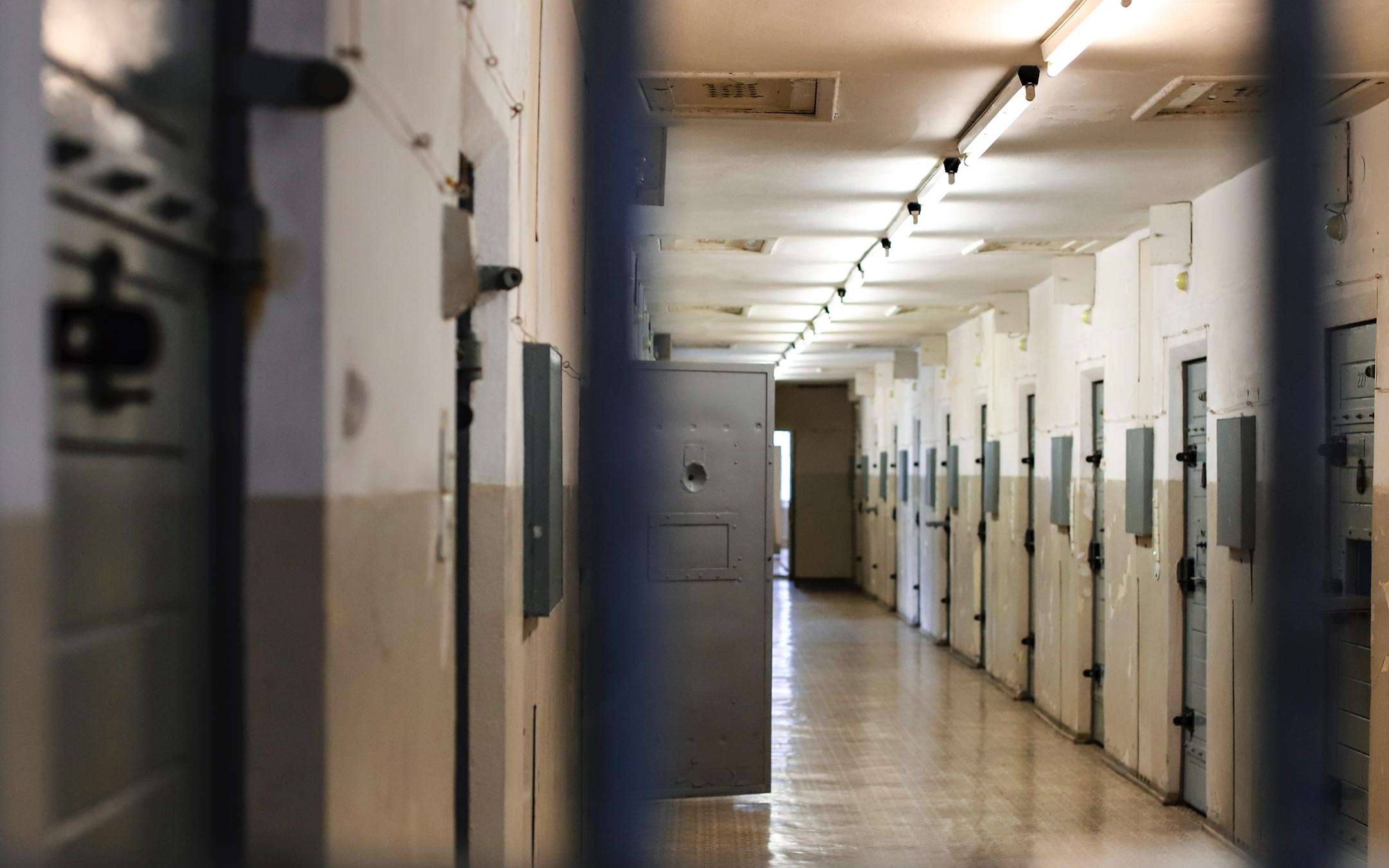HomeWAV leak, prisoners' privacy at risk

Conversations and transcripts of prisoners accessible to all
The researcher Bob Diachenko, the same as the one who discovered it and made it known through the pages of the TechCrunch site. early 2019 identified a database containing 200 million Chinese CVs and more recently another archive with details from 235 million social media accounts.As soon as it became aware of the incident, HomeWAV intervened to remedy it , attributing the responsibility to a third party manager who would have inadvertently removed the password placed to protect the server. The procedure has begun to notify the directly concerned of the incident: prisoners, family members and lawyers.
The incident raises doubts as to the treatment reserved to the conversations in question: although for many prisons it is a practice to record them, the law prevents monitoring. The presence of logs and transcripts suggests a possible violation. Considering how the last period has been battered by the health crisis, prisoners have increasingly used tools of this type to stay in touch with the outside world.
According to Diachenko, this is not an isolated case: in August, the TelMate service intended for prisons was also affected by a leak, ending up exposing millions of messages sent or received through the platform.
Source: TechCrunch